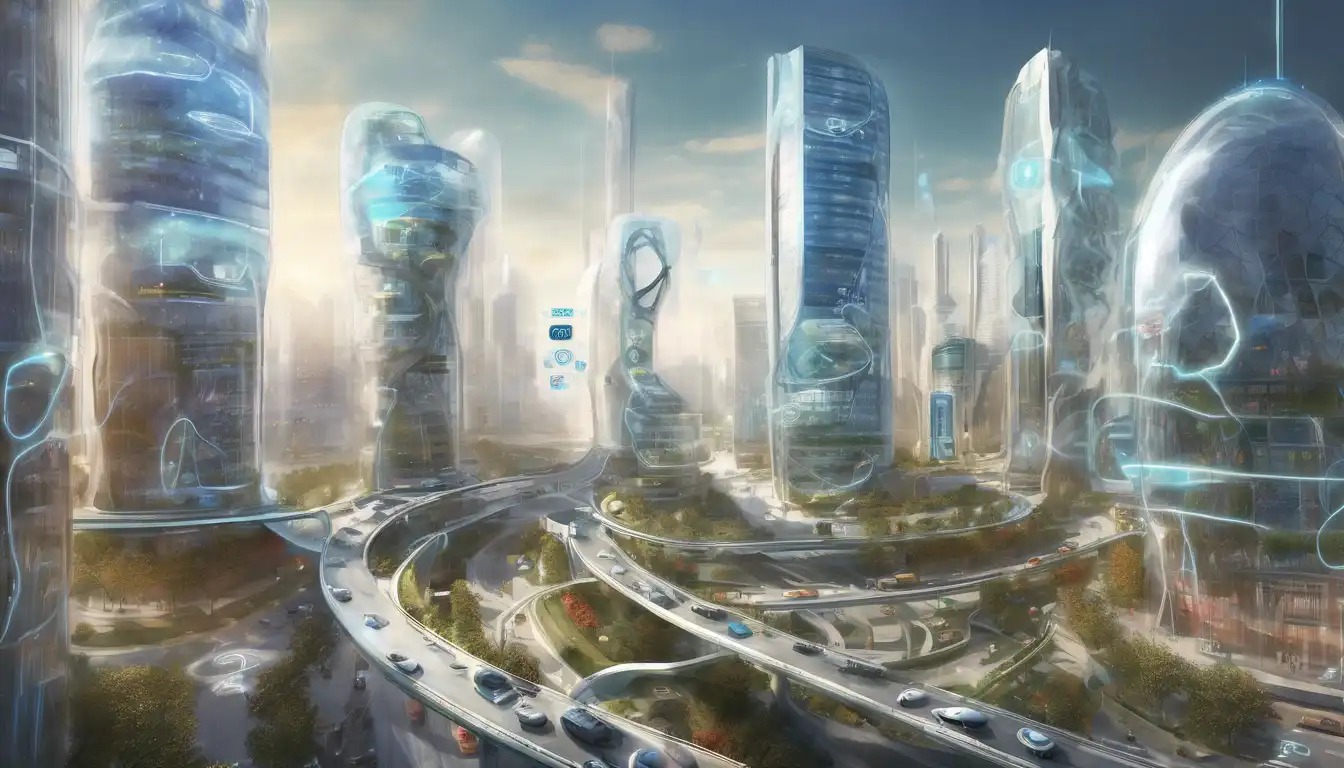The Role of IoT in Shaping Smart Cities
The Internet of Things (IoT) is revolutionizing the way we live, work, and interact with our urban environments. By embedding sensors and connectivity into the fabric of cities, IoT is enabling a new era of smart cities that are more efficient, sustainable, and livable. This article delves into the transformative potential of IoT in urban development and how it is paving the way for smarter, more connected communities.
Understanding IoT and Its Application in Smart Cities
At its core, IoT refers to the network of physical devices connected to the internet, collecting and sharing data. In the context of smart cities, IoT applications range from traffic management systems that reduce congestion to smart grids that optimize energy use. These technologies not only improve the quality of life for residents but also contribute to the economic and environmental sustainability of urban areas.
Key Benefits of IoT in Urban Environments
- Enhanced Efficiency: IoT devices can monitor and manage city infrastructure in real-time, leading to significant improvements in operational efficiency.
- Improved Sustainability: By optimizing resource use, IoT helps cities reduce their carbon footprint and move towards greener futures.
- Increased Safety: From smart lighting to surveillance systems, IoT technologies enhance public safety and emergency response capabilities.
- Better Quality of Life: IoT enables smarter public services, from waste management to healthcare, making urban living more convenient and enjoyable.
Challenges and Considerations
Despite its benefits, the integration of IoT into smart cities is not without challenges. Issues such as data privacy, security, and the digital divide must be addressed to ensure that the benefits of IoT are accessible to all citizens. Moreover, the success of IoT initiatives depends on collaboration between governments, businesses, and communities.
The Future Outlook
As technology continues to evolve, the potential for IoT in smart cities is boundless. Innovations in AI and 5G are expected to further enhance the capabilities of IoT, enabling even more sophisticated applications. The future of smart cities lies in harnessing these technologies to create urban environments that are not only intelligent but also inclusive and resilient.
For more insights into how technology is transforming urban landscapes, explore our articles on urban development and sustainable cities.
